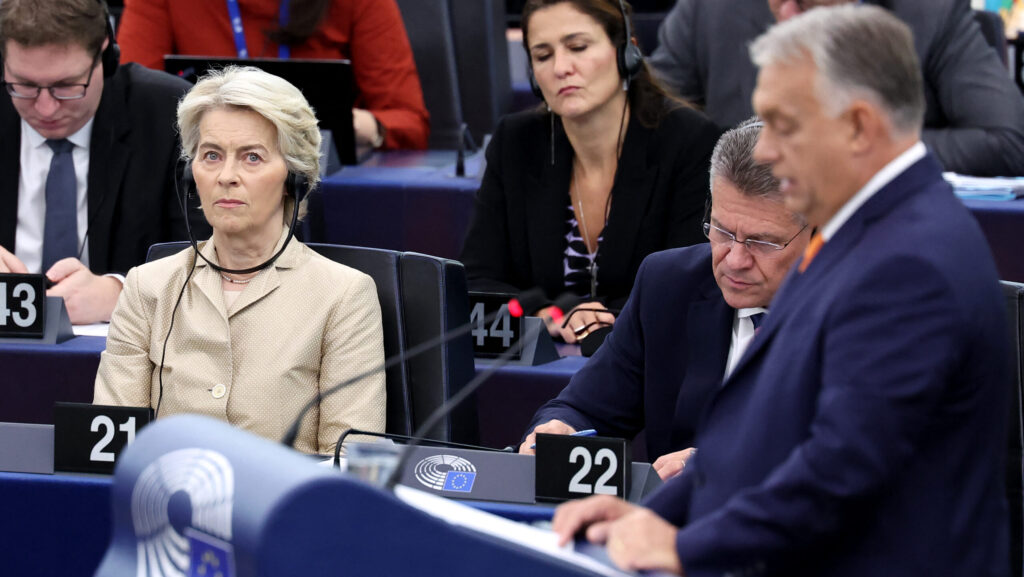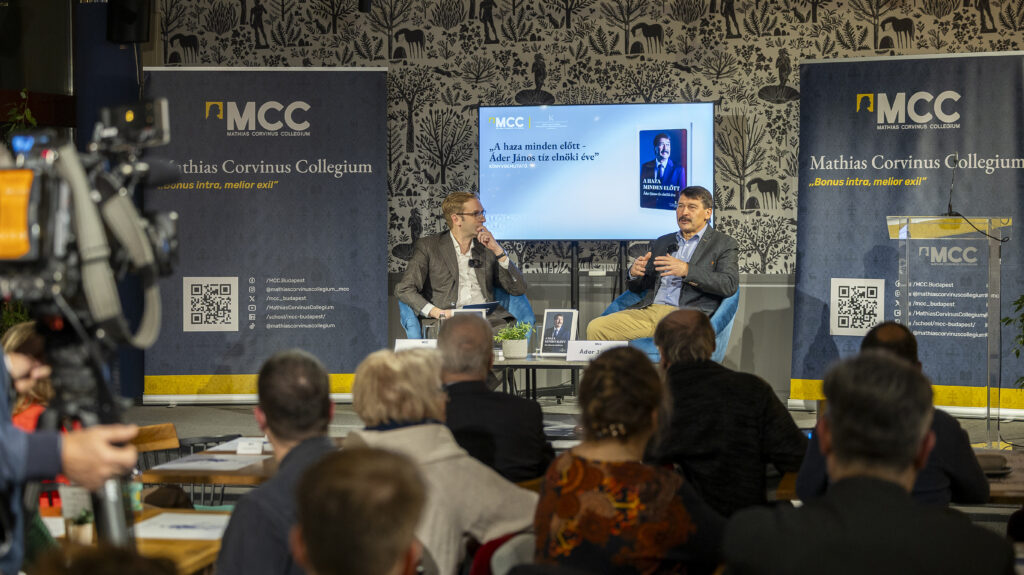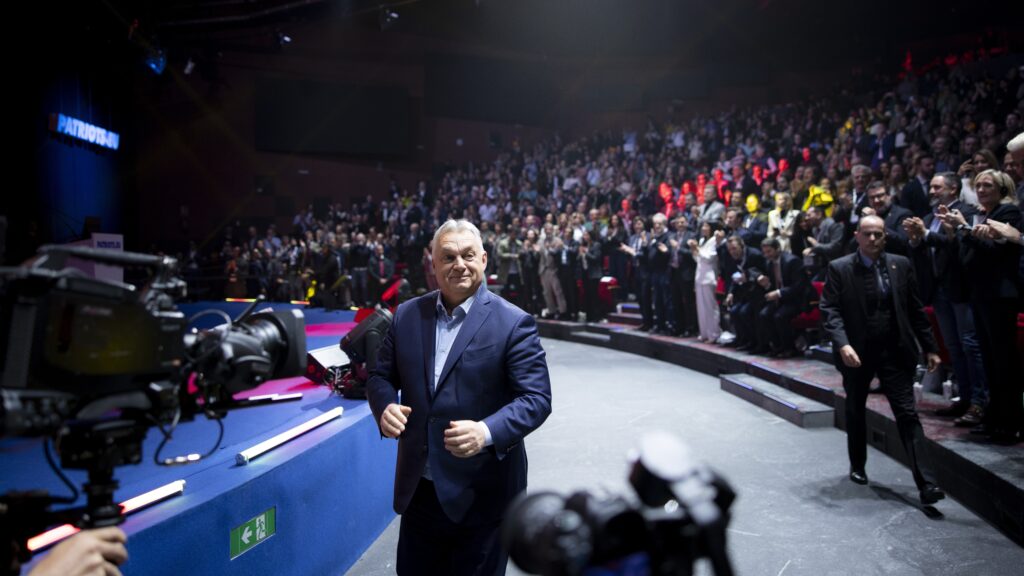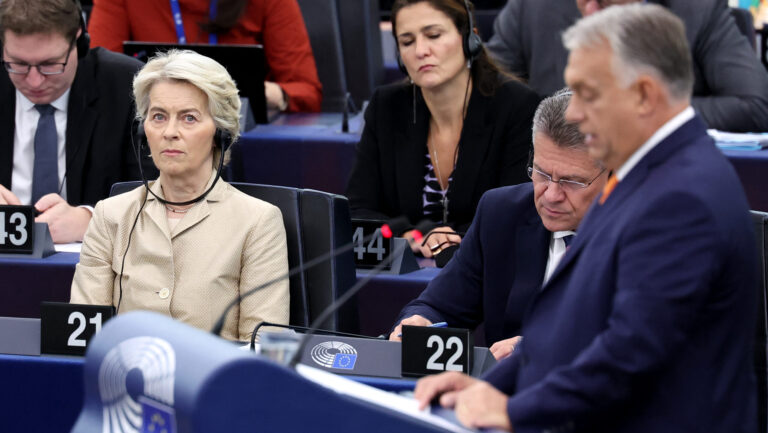The popularity of Eötvös Loránd University (ELTE) remains unbroken: during this year’s admission process, the university admitted 11,960 applicants to its programmes, with the highest number of students in the last 15 years beginning their studies in teacher training this year, the institution announced on Wednesday evening.
According to the statement, 7,180 students were admitted to bachelor’s programmes, 3,345 to master’s programmes, 1,304 to undivided programmes, and 131 to higher education vocational training at ELTE. Of those admitted, 9,241 will start their studies in full-time, 2,567 in part-time, and 152 in evening work schedules. 84 per cent of the university’s freshmen, a total of 10,019 students, will study under state scholarship funding. This year, the university accepted 70 per cent of first-choice applicants, compared to 68 per cent last year. The Faculty of Humanities (2,214) will welcome the most students, followed by the Faculty of Economics (2,099), and the Faculty of Education and Psychology (1,345).
As Hungary’s premier higher education institution covering the full spectrum of teacher training, it is particularly important for ELTE that
20 per cent of those admitted will start their studies as teacher trainees.
Numerically, this means that ELTE admitted the highest number of applicants (2,500) to teacher training in the last 15 years.
Within this, 192 were admitted to the infant and early childhood education programme, 284 to kindergarten teaching, 203 to primary school teaching, 1,053 to secondary school teaching, and 744 to special education and speech therapy programmes. Notably, the number of students admitted to the secondary school teaching master’s programme, 550, is three times the average of the last five years, aligning with governmental efforts to replenish the teaching workforce. Alongside the 80 future IT teachers, a significant number of students (212) will start their studies in the most in-demand natural science teacher programmes. Nearly 1,000 students were admitted to ELTE’s programmes in Szombathely, where the university maintained its leading position in teacher training with nearly a 50 per cent share of admissions.
ELTE strives to expand its portfolio each year by launching new programmes that meet the needs of applicants, the state, and market players. In this spirit, the infant and early childhood education programme (30 students) and the kindergarten teaching programme (54 students) will start in Szombathely in September 2024, while the data science master’s programme (17 students) will launch in Budapest.
Additionally, the applied economics bachelor’s programme (12 students) will be reintroduced. ELTE offered 26 programmes in English, with a total of 746 students beginning their studies.
The largest programme this year is law (801 students),
followed by special education (636 students), and programme designer informatics (608 students).
One significant innovation in this year’s admission process is that universities were given the opportunity to develop different scoring methodologies for each institution, faculty, or even programme. Like other higher education institutions, ELTE took advantage of this opportunity, resulting in scores that are not comparable either within the institution or between institutions.
It is particularly important to note that due to the differing methodologies, there is no correlation between this year’s and previous years’ score thresholds, making comparison impossible, the statement concluded.
Related articles:







